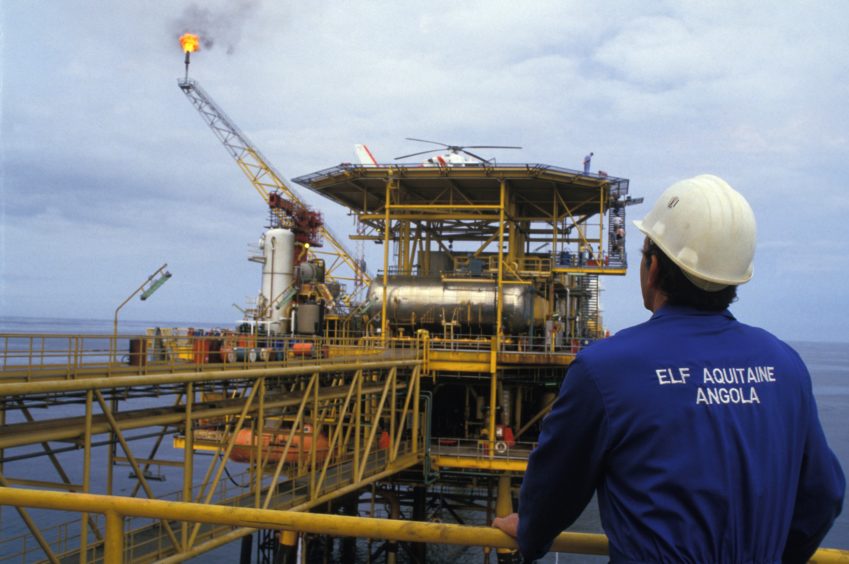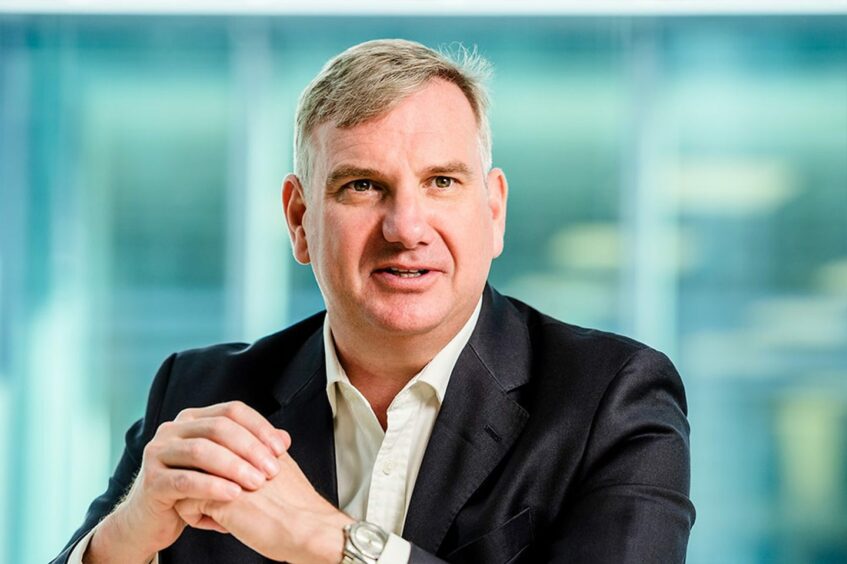
Up-and-coming independent Afentra has returned to trading as its plans to secure two parallel deals in Angola move ahead.
A small group of former Tullow Oil executives launched Afentra in May 2021 and suspended trading in October 2021.
“Today, we say we are delivering what we promised,” Afentra CEO Paul McDade told Energy Voice. Shareholders will vote on the proposal on August 30.
Afentra initially struck a deal with Sonangol, acquiring 20% in Block 3/05. In July, the company increased this stake to 24%, agreeing to buy another 4% from Croatia’s INA.
Portfolio model
The independent must overcome two hurdles before completing. The first is an extension to the Block 3/05 licence, to take this to 2040. “Our understanding is that it’s very close,” McDade said.
The second is for ministerial approval. Angola is due to hold presidential elections on August 24. Afentra expects political approval for the deal may come “realistically” in the fourth quarter, with McDade expressing the hope this would come sooner rather than later.
Angola has taken steps to open up the industry, with a number of new laws brought in to attract new investments. Sonangol, the regulator and the ministry were previously focused on securing work from the IOCs, McDade noted.
“What really struck me this year was that were very much welcomed as a new investor, we got access to all the key people, despite being a small investor,” he said.
Angola is going through an industrial and energy transition, the executive continued. There is a realisation that majors may withdraw from projects, or at the very least not enter new projects in the way they have done in the past.
“There’s still a lot of work for the IOCs. But the journey going forward is going to require new investors for opportunities that may not be material for IOCs,” McDade said. “I would have been nervous a couple of years ago, but now we have the foundations to build on.”
Afentra COO Ian Cloke noted that IOCs continued to account for nearly all foreign involvement in Angola’s upstream. “That transition to innovative independents hasn’t really started, in contrast with Gabon where there have been a number.”
The Angolan government is “further ahead on what the future looks like than the IOCs. They’re shifting to a portfolio churn mode. The government is listening and delivering in areas, such as extensions to field life, which encourage investment.”
Field plans
Today, the company reported a new competent persons report (CPR) on its Angola blocks, with gross 2P reserves now standing at 115 million barrels, up from 100mn barrels at the end of 2021.
Of this new amount, 27.7mn barrels are net to Afentra. This would have given it 4,700 barrels per day of net production in the first half of the year.
The new CPR “backs up a lot of what we said originally, that there’s a lot of upside potential”, McDade explained.
Afentra also announced today that Trafigura would provide financing for the deal and also working capital support. The commodities trader will act as offtaker.
Trafigura will provide a $75mn reserve-based lending facility to support the purchases, and up to $30mn in working capital.
“If we complete in early October, we would need about $60mn of debt,” McDade explained.
The working capital facility will help smooth out periods between loading of its cargoes, with the company expecting to export one or two per year. The Trafigura support will provide flexibility for Afentra.
“When we started, we said we wanted a material company. This is the first step of the journey. There’s a pipeline of opportunities out there – and we’re screening some as we speak,” McDade said.
Afentra will not be the largest company on Block 3/05, but has the second largest holding after Sonangol. McDade forecast increased co-operation between the various parties on the block, stressing building relationships as the primary focus for the management team.
Finding a balance
Sonangol gains from reducing its capital intensity on Block 3/05, but also from bringing in Afentra to help the exploration process in Block 23, in the Kwanza Basin.
“Sonangol wanted a successful divestment management process,” McDade said, while Afentra was focused – and remains focused – on buying production. Afentra will invest “some time and energy knowhow” into Block 23 to determine what its potential may be.
“We are a company focused on production and potentially development, not frontier exploration,” McDade stressed.
Cloke, meanwhile, noted that scrutiny of Block 23 may provide some insights into Angola’s onshore, where work ceased in the 1990s amid the civil war.
Future acquisitions, which the Afentra team are clearly working on, may find scope for left-behind discoveries, Cloke continued. The company’s focus will be on the onshore and shallow water, rather than the deepwater.
McDade specified that opportunities for production were likely to be in sub-Saharan Africa, where Afentra has existing relationship networks. “The footprint in Angola is something to build on,” he said. “Success for me is if we go out five years time and have a portfolio of assets, operated and non-operated, in multiple countries, in multiple jurisdictions. That’s where we’re heading.”

 © Mike Ellis
© Mike Ellis © Supplied by Afentra
© Supplied by Afentra